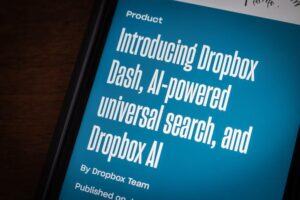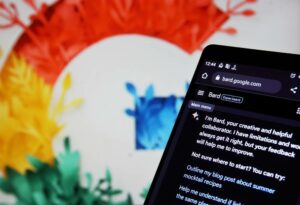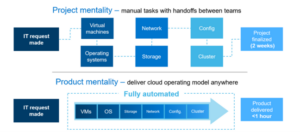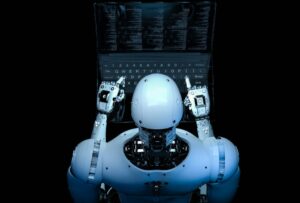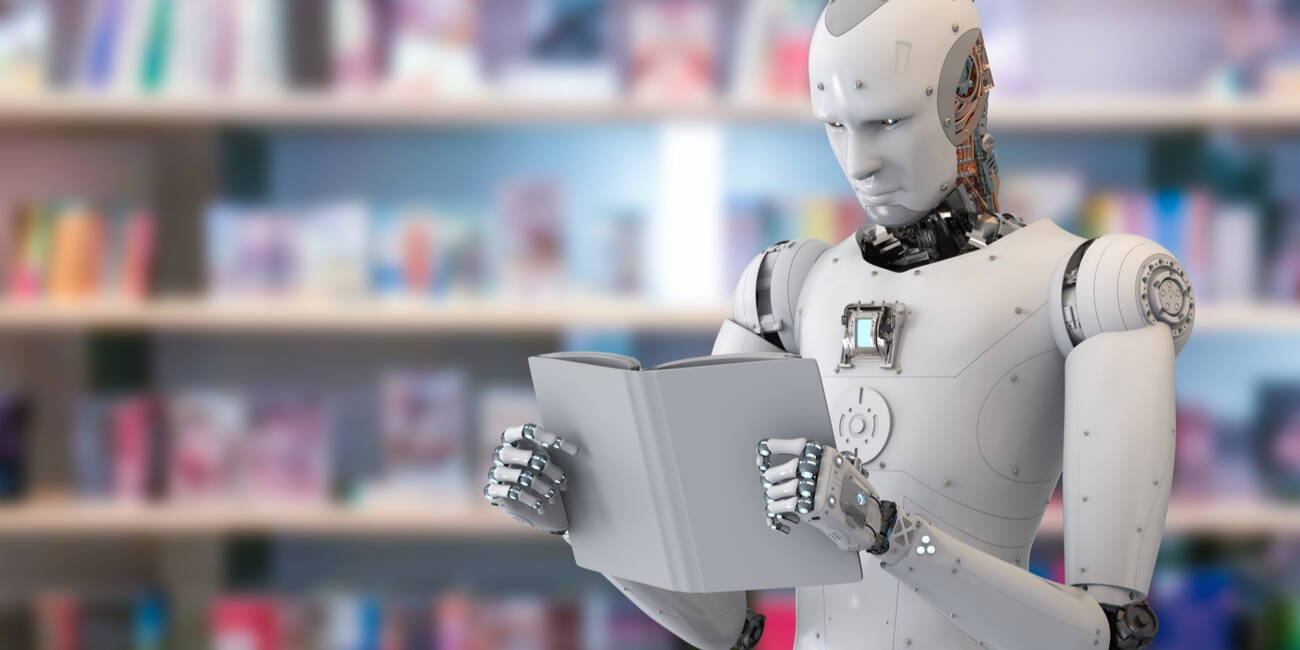
While the chaos unfolding at OpenAI might be amusing to watch, the issue of copyright infringement continues to plague the upstart after yet another lawsuit was lobbed its way.
The crux of the case is all too familiar. An author is not happy that their work has been slurped as training data into OpenAI’s text-generating models behind services such as ChatGPT. In this case, it is Julian Sancton, author of Madhouse at the End of the Earth, which documents an Antarctic polar expedition by a Norwegian steamship at the end of the 19th century.
According to the complaint, Sancton spent five years and tens of thousands of dollars on the book, secure in the knowledge that the US Copyright Act gives “exclusive rights” as well as “the rights to reproduce the copyrighted work[s].”
Sancton’s complaint states: “This case is about defendants OpenAI and Microsoft’s complete disregard for those exclusive rights.
“Defendants [OpenAI and Microsoft] have made commercial reproductions of millions, maybe billions, of copyrighted works without any compensation to authors, without a license, and without permission.
“In doing so, they have infringed on the exclusive rights of Plaintiff Sancton and other writers and rightsholders whose work has been copied and appropriated to train their artificial intelligence models.”
In September, a class action suit was launched by the Authors Guild, alleging that OpenAI’s chatbots had been trained on work from such luminaries as George R R Martin and John Grisham. Another lawsuit was brought in July 2023 by comedian Sarah Silverman.
Despite being filed on November 21, some elements of the complaint are out of date. While AI is a fast-moving field, that is nothing compared to the spin of the OpenAI revolving door. The complaint states: “The OpenAI-Microsoft relationship is so close, in fact, that OpenAI’s former CEO Sam Altman and former Chief Scientist Greg Brockman just left the company to lead a new artificial intelligence research team at Microsoft.”
As of today, Altman is set to return to OpenAI. However, by tomorrow, this may have changed.
This latest lawsuit – alongside others alleging copyright theft and privacy violations – is a reminder that the biz and its major investors, like other AI vehicles, face questions regarding where all the training data used in its models has come from.
In a statement, Justin A Nelson, partner with Susman Godfrey, lead counsel for Sancton and the proposed class, said: “The commercial success of the ChatGPT products for OpenAI and Microsoft comes at the expense of non-fiction authors who haven’t seen a penny from either defendant, much less a request for permission to use their works.
“This lawsuit seeks to hold OpenAI and Microsoft accountable for their refusal to pay nonfiction authors, and to prevent the companies from infringing on works in the future.”
We have asked OpenAI and Microsoft to comment. ®
- SEO Powered Content & PR Distribution. Get Amplified Today.
- PlatoData.Network Vertical Generative Ai. Empower Yourself. Access Here.
- PlatoAiStream. Web3 Intelligence. Knowledge Amplified. Access Here.
- PlatoESG. Carbon, CleanTech, Energy, Environment, Solar, Waste Management. Access Here.
- PlatoHealth. Biotech and Clinical Trials Intelligence. Access Here.
- Source: https://go.theregister.com/feed/www.theregister.com/2023/11/22/openai_microsoft_copyright_complaint/
- :has
- :is
- :not
- :where
- 2023
- a
- About
- accountable
- Act
- Action
- After
- AI
- All
- alongside
- an
- and
- Another
- any
- ARE
- artificial
- artificial intelligence
- AS
- At
- author
- authors
- BE
- been
- behind
- being
- billions
- biz
- book
- by
- case
- Century
- ceo
- changed
- Chaos
- chatbots
- ChatGPT
- chief
- class
- Class Action
- Close
- CO
- come
- comes
- comment
- commercial
- Companies
- company
- compared
- Compensation
- complaint
- complete
- continues
- copyright
- copyright infringement
- counsel
- crux
- data
- Date
- defendants
- documents
- doing
- dollars
- Door
- earth
- either
- elements
- end
- Exclusive
- Face
- fact
- familiar
- fast-moving
- field
- filed
- five
- For
- Former
- former ceo
- from
- future
- George
- gives
- guild
- had
- happy
- Have
- haven
- hold
- However
- HTTPS
- in
- infringement
- Intelligence
- into
- Investors
- issue
- IT
- ITS
- John
- jpg
- July
- just
- Justin
- knowledge
- latest
- launched
- lawsuit
- lead
- left
- less
- License
- like
- luminaries
- made
- major
- Martin
- May..
- maybe
- Microsoft
- might
- millions
- models
- much
- New
- Norwegian
- nothing
- November
- of
- on
- OpenAI
- Other
- Others
- out
- over
- partner
- Pay
- permission
- Plague
- plato
- Plato Data Intelligence
- PlatoData
- polar
- prevent
- Products
- proposed
- Questions
- R
- refusal
- regarding
- relationship
- reminder
- request
- research
- rights
- s
- Sam
- Sam Altman
- Scientist
- secure
- Seeks
- seen
- September
- Services
- set
- So
- some
- spent
- Spin
- Statement
- States
- success
- such
- sued
- team
- tens
- that
- The
- The Future
- theft
- their
- they
- this
- those
- thousands
- to
- today
- tomorrow
- too
- Train
- trained
- Training
- unfolding
- Upstart
- us
- use
- used
- Vehicles
- was
- Watch
- Way..
- WELL
- which
- while
- WHO
- whose
- with
- without
- Work
- works
- writers
- years
- yet
- zephyrnet





